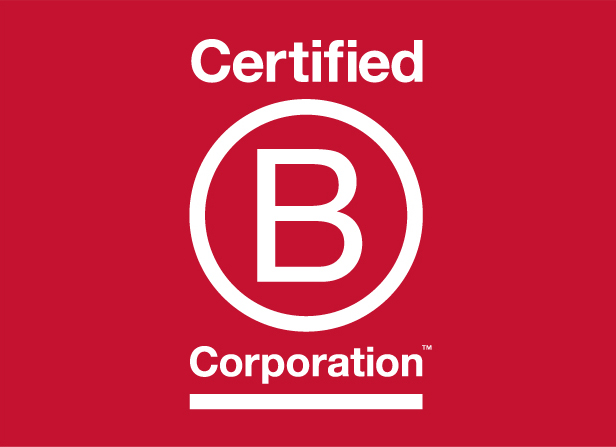I can remember the first time that I heard the term B-Corporation or L3C, which was about five years ago. I frantically searched and tried to figure out how these two structures fit the landscape. You have to remind yourself that it is an ever changing world out there, and if you love entity structuring as much as I do, you can appreciate these new companies. Especially since the last time that we had a change to entity structures was 1991 and the invention of the limited liability partnership (LLP).
A B-Corporation, is short for a Benefit Corporation. These B Corps, are for-profit companies that have been certified by the non-profit B Lab. Some big companies like Ben & Jerry’s, Patagonia, Etsy, and others, have taken the plunge and become B-Corps.
Here is where it gets interesting. Forming a B-Corp under the laws of the 39 states that allow them, and the B-Corp Certification, are two different things. For instance, in most states that allow benefit corporations, the state’s legislation, usually provides that the corporation should pursue a material, positive, and impact on society and environment. The actual “B” certification comes from B-Lab, as I stated before. However, the certification is not predicated on whether you are an actual corporation. Entities from sole-proprietorships to; pretty much anything, can be certified as a B-Corp.
A Low Profit Limited Liability Company, or L3C, takes pretty much the same approach, legislatively as a B-Corporation. There are only a handful of states that allow L3Cs. One basic advantage offered by the L3C, is its statutory design to match the requirements of a program related investment (PRI). A PRI is an investment made by a private foundation. This investment usually takes the form of a loan, guarantee, or even equity. The investment must be for a socially beneficial purpose that is congruent with and furthers a foundation’s mission. Private foundations usually refrain from investing in a for-Profit ventures. Mainly because, it requires a Private Letter Ruling from the IRS, to receive assurance that such an investment would qualify as a PRI. The proponents of L3Cs state that the statutory requirements minimize this practice by making it easier for the foundation to review the LLC operating agreement.
The question remains, how are these companies taxed? If you are a B-Corporation by act of legislation, then you would be taxed as a C-Corporation or S-Corporation. If you are a B-Corp, by certification, you would be taxed as whatever your entity structure would dictate. For example, if you formed a benefit corporation in the State of Florida, you would have to still elect an S-Corporation or C-Corporation. If you are a sole-proprietorship, with a B-Corp certification, you would remain being taxed as a sole-proprietorship.
If you are an L3C, the taxing rules remain the same as with a regular LLC. It is flexible in its taxation. If you make no election otherwise, you are taxed as a single, or multi-member LLC, as a disregarded entity. For tax purposes, a disregarded entity, means that the owner(s) are disregarded when it comes to taxation. As an LLC, you can also be taxed as a C-Corporation or S-Corporation.
What’s the point of a B-Corporation or L3C? In the case of a B-Corporation, it would appear that it is close enough to a not-for-profit, if only in spirit. The owners of the B-Corporation seem to want to have their cake and eat it too. Be socially conscious, and at the same time, make some money. The L3C, has an actual purpose. If you are an L3C, it opens up investment in your company by a 501(c)3.
———-
Craig W. Smalley, MST, EA, is the Founder and CEO of CWSEAPA, PLLC. He has been admitted to practice before the Internal Revenue Service as an Enrolled Agent and has a Master’s Certificate in Taxation from UCLA. In practice since 1994, Craig is well-versed in U.S Tax Law and U.S. Tax Court cases, and specializes in individual, partnership, and corporate taxation for high-net-worth clients; entity structuring and restructuring; and representation before the IRS regarding negotiations, audits and appeals. Craig is currently a columnist for CPA Practice Advisor and AccountingWEB and has had 12 books published. His articles have been featured in publications including the Wall Street Journal, The New York Times, and Christian Science Monitor, and he has been interviewed and appeared as a featured guest on numerous radio shows and podcasts. Craig can be reached at craig@craigwsmalleyea.com.
Thanks for reading CPA Practice Advisor!
Subscribe Already registered? Log In
Need more information? Read the FAQs





